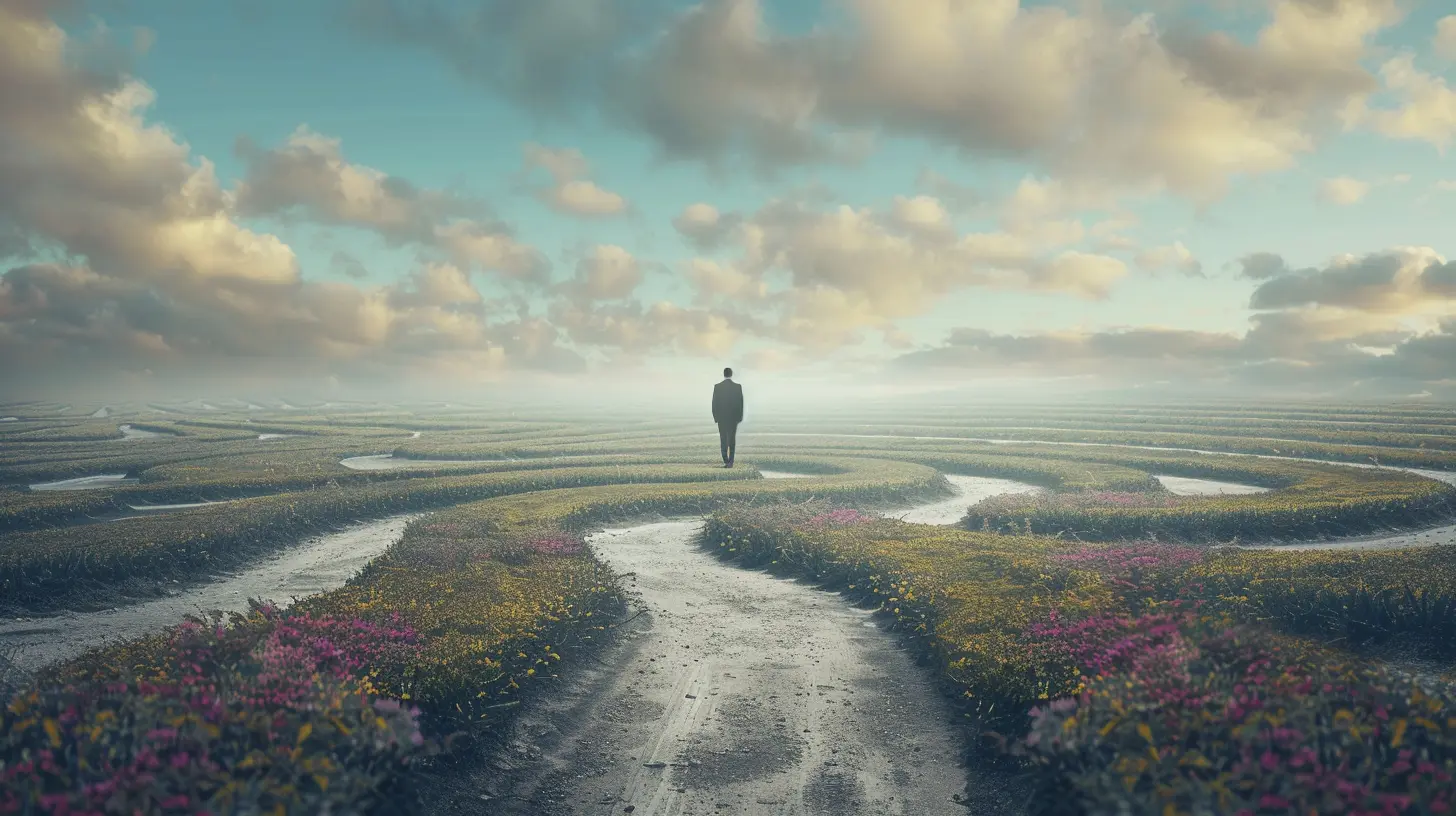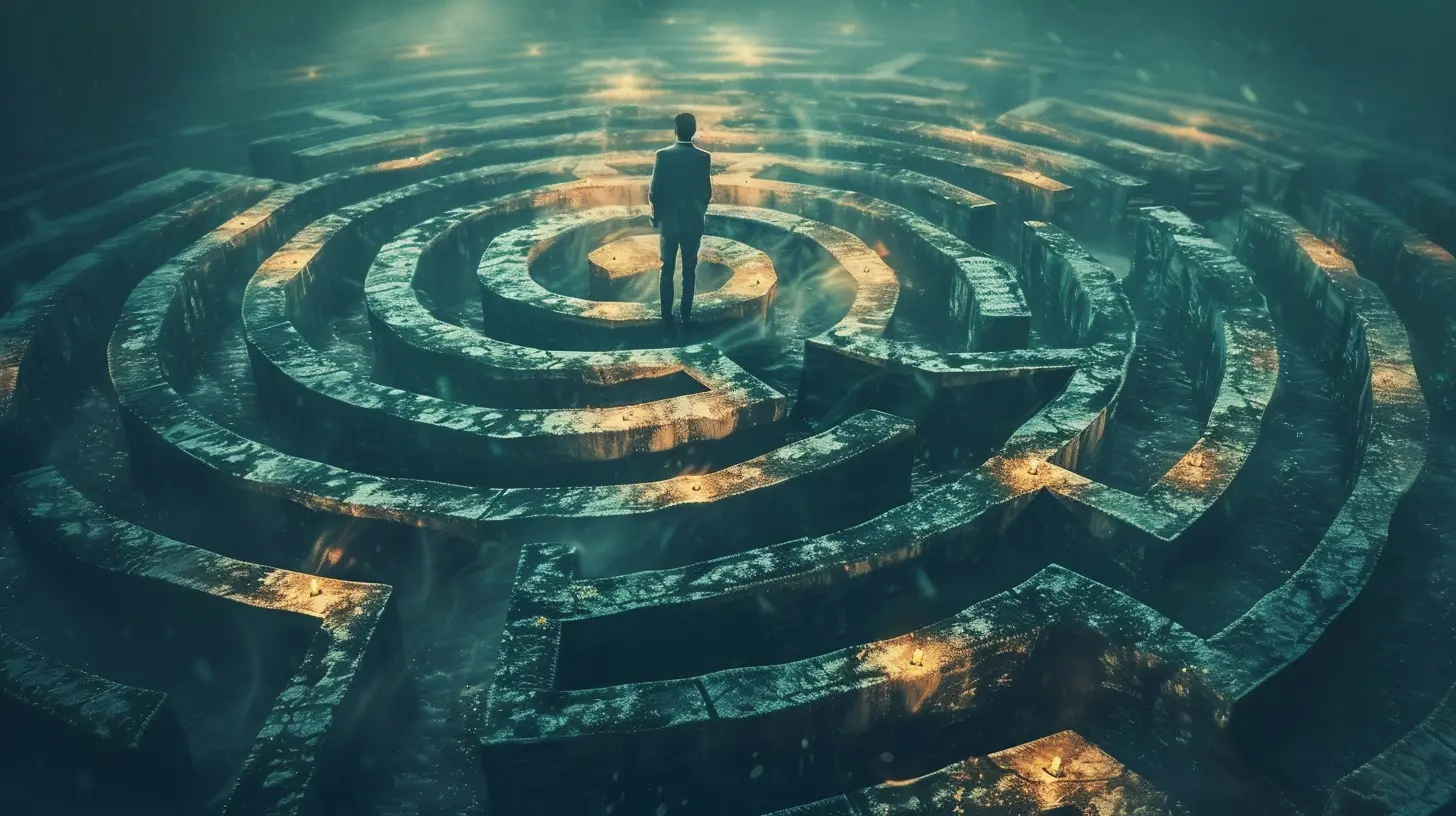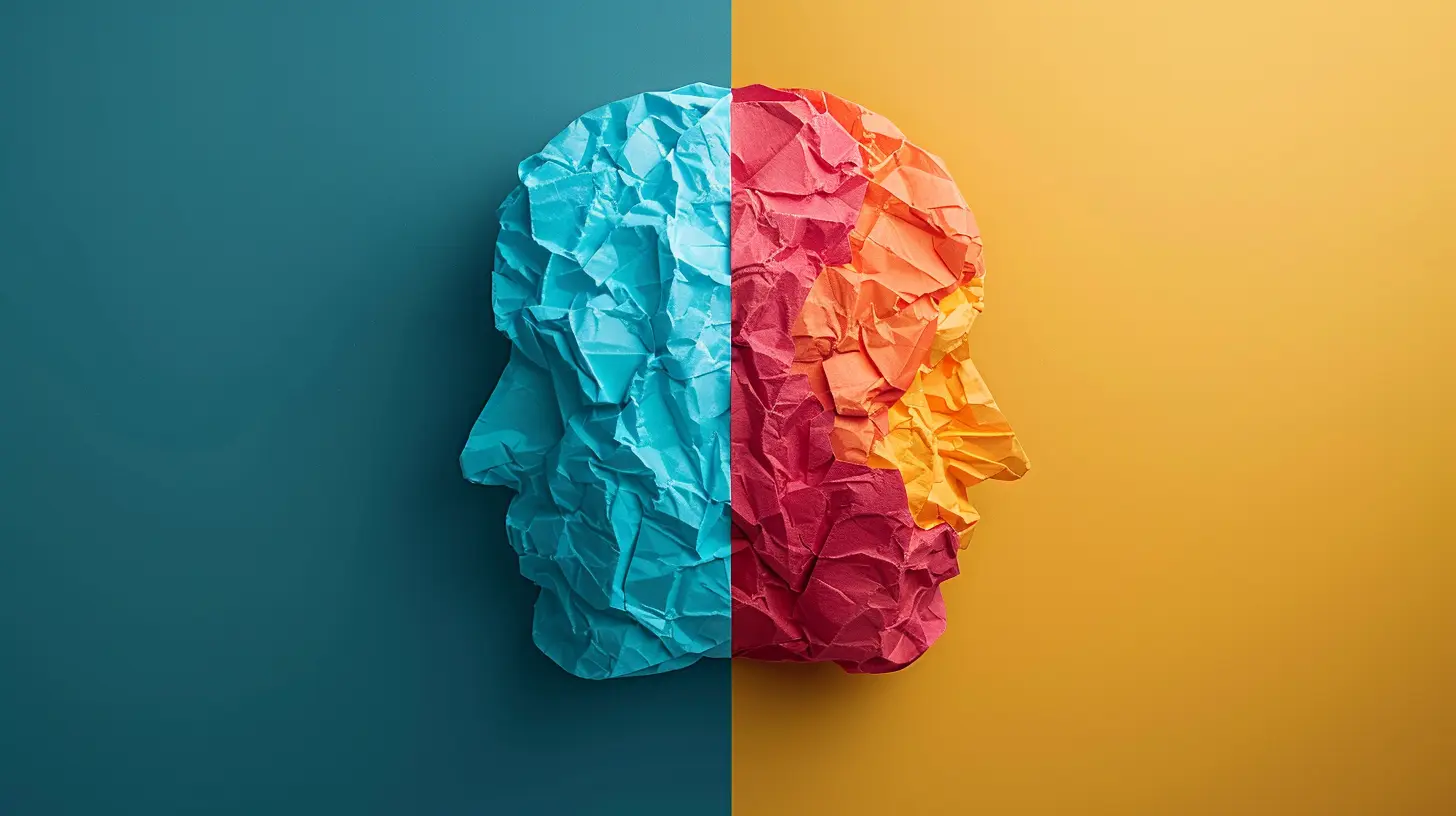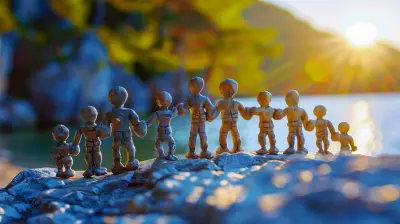The Importance of Self-Awareness in Making Better Decisions
27 August 2025
Let’s be real for a second—how many times have you made a decision that you instantly regretted? Maybe you sent that risky text at 2AM, accepted a job just to please others, or walked away from something good because fear got in the way. Been there, done that, right?
Here’s the kicker: most of our worst decisions aren't because we're not smart. It's often because we don’t fully understand ourselves in the moment. That’s where self-awareness comes in—like the internal GPS we never knew we needed but desperately should be using.

What Is Self-Awareness, Anyway?
Let’s strip it down. Self-awareness is your ability to tune into your thoughts, emotions, and behaviors. It's about recognizing why you feel a certain way or why you're reacting to something the way you are. Think of it as the mirror that helps you see your inner world, not just your face.Still a bit fuzzy? Picture this: you're angry during a meeting. Without self-awareness, you might snap or shut down. But with self-awareness? You notice that you're upset because you feel unheard, and instead of reacting impulsively, you express yourself calmly. That’s the power of knowing you.

Why Self-Awareness Is the Game-Changer in Decision-Making
Alright, let’s break this down. Decisions aren’t just logical—they’re emotional, psychological, deeply rooted in our beliefs and past experiences. Self-awareness is like night-vision goggles. It lets you see what’s going on beneath the surface. Here’s why it matters:1. Your Emotions Won’t Hijack Your Decisions
Ever been "hangry" and picked a fight? Or made a big choice out of spite, guilt, or fear? Yeah, emotions are sneaky little devils—they love creeping into our decisions.Self-awareness helps you pause and ask, “Is this feeling a temporary emotion, or is there something deeper going on?” When you can separate emotion from logic, your decisions instantly become more grounded and way less dramatic.
2. You Recognize Your Triggers
We all have them—the people, situations, or phrases that instantly set us off. Maybe it’s someone questioning your competence. Maybe it’s uncertainty. Maybe it's your own inner critic whispering, “You’re not good enough.”With self-awareness, you spot these triggers before they explode. It’s like disarming a bomb before it blows up your day (or your relationship, job, or mental health).
3. You Weigh Your Values—Not Other People’s Opinions
Too many folks make choices based on what they think they should do, not what truly aligns with who they are. That leads to regret. Self-awareness helps you press pause and ask, “Does this align with my values, or am I just trying to please someone?”When you know your core values—like authenticity, freedom, growth—you can use them like a compass. You chart your own path, not someone else’s.
4. You Know What You Actually Want
Sounds basic, right? Wrong. So many people are out here making major life choices based on fuzzy desires or society’s checklist. Graduate, marry, earn big, retire. Rinse and repeat.But what if you don't want the big house or corporate job? Self-awareness helps you hear your own voice over the noise. It lets you say, “This is what I want—and I’m owning it.”
5. It Builds Confidence in Your Choices
When you're in tune with yourself, you stop second-guessing every damn decision. You’re no longer paralyzed by “what ifs” or drowning in self-doubt. Why? Because you know your reasons. You’ve thought it through. You’ve felt it through. And that self-trust? That’s pure gold.
How to Boost Self-Awareness (Without Meditating on a Mountaintop)
Okay, let's make this practical. You don’t need to become a monk or journal for six hours a day. Here are some down-to-earth ways to crank up your self-awareness:1. Pause Before Responding
This one is painfully simple but so powerful. Next time someone pushes your buttons or you're about to make a decision, just pause. That tiny gap between stimulus and response? That’s where self-awareness lives.2. Ask Yourself the Real Questions
Peel back the layers. Instead of just asking, “What should I do?”, try:- What am I feeling right now?
- Why am I feeling this way?
- What part of me is threatened or activated?
- Am I avoiding something?
These questions aren’t cute, they’re clarity machines.
3. Track Patterns in Your Behavior
Start noticing recurring themes. Do you always bail when things get hard? Do you people-please to your own detriment? Do you fear rejection so much that you don’t even try?Patterns are your mind’s autobiography. Read it.
4. Get Real Feedback (Even if It Stings)
Sometimes, we’re blind to our own blind spots. Friends, coaches, partners—they see what we miss. Ask for feedback, but ask the right people. Not the ones who judge, but the ones who challenge you with love.5. Practice Emotional Labeling
Instead of saying, “I’m stressed,” dig deeper. Are you anxious? Overwhelmed? Insecure? Powerless? Naming your emotions accurately gives your brain a sense of control. It’s like labeling jars in a messy pantry—you know where things are, and you can deal accordingly.
The Link Between Self-Awareness and Better Decisions: It's Science-Backed
This isn’t just poetic fluff—it’s backed by psychology and neuroscience. Studies show that people with higher self-awareness have better emotional regulation, stronger relationships, and—yup—make better choices.Neuroscientists have even shown that areas of the brain responsible for self-reflection (like the medial prefrontal cortex) light up when we tap into self-awareness. In other words, knowing yourself literally changes your brain.
Breaking It Down with Real-Life Examples
Let’s throw in some realness. Here are a few common scenarios showing how self-awareness levels up decision-making.Scenario 1: The Toxic Relationship Cycle
Without self-awareness:You jump into a new relationship because you’re lonely. You ignore red flags. Months later, you’re crying to your friends about why “all your exes are the same.”
With self-awareness:
You recognize the loneliness and ask, “What am I really needing?” You notice your pattern of attaching quickly. You take your time, set boundaries, and attract a different kind of partner.
Scenario 2: Career Crossroads
Without self-awareness:You accept a high-paying job you hate because your parents will be proud. You feel empty within months.
With self-awareness:
You realize you value creativity and autonomy over status. You choose a role that fits your long-term vision, not your resume optics.
Scenario 3: Impulsive Decisions in Conflict
Without self-awareness:You lash out during an argument, say things you don’t mean, and then apologize (again).
With self-awareness:
You feel the anger rising, ask yourself why, and communicate assertively instead of aggressively.
See the difference?
Warning: Self-Awareness Isn’t Always Comfortable
Let’s not sugarcoat it—self-awareness can be brutal. It might reveal parts of yourself you're not proud of. It might show you that you’ve been lying to yourself, settling, or reacting out of pain.But discomfort is where growth begins. If you lean into it instead of running, self-awareness becomes your secret weapon—not just in making smarter choices, but in becoming a stronger, more authentic human being.
Final Thoughts: Mastering the Art of Inner Clarity
At the end of the day, life is a series of choices. Some big, some small. Every choice shapes who you become and where you go.You can keep making decisions based on impulse, pressure, emotion, or habit. Or—you can cultivate self-awareness and choose consciously, intentionally, and powerfully.
Want to make better decisions? Start by looking in, not out.
You don’t need to have it all figured out. You just need to know yourself a little better today than you did yesterday.
Keep asking the real questions. Keep getting curious. Because the more you know you, the better your life—and your decisions—will be.
all images in this post were generated using AI tools
Category:
Decision MakingAuthor:

Matilda Whitley
Discussion
rate this article
1 comments
Foster Sawyer
Self-awareness empowers better decision-making and personal growth. Essential skills!
September 1, 2025 at 3:44 PM

Matilda Whitley
Thank you! I completely agree—self-awareness is indeed crucial for informed decision-making and personal development.


